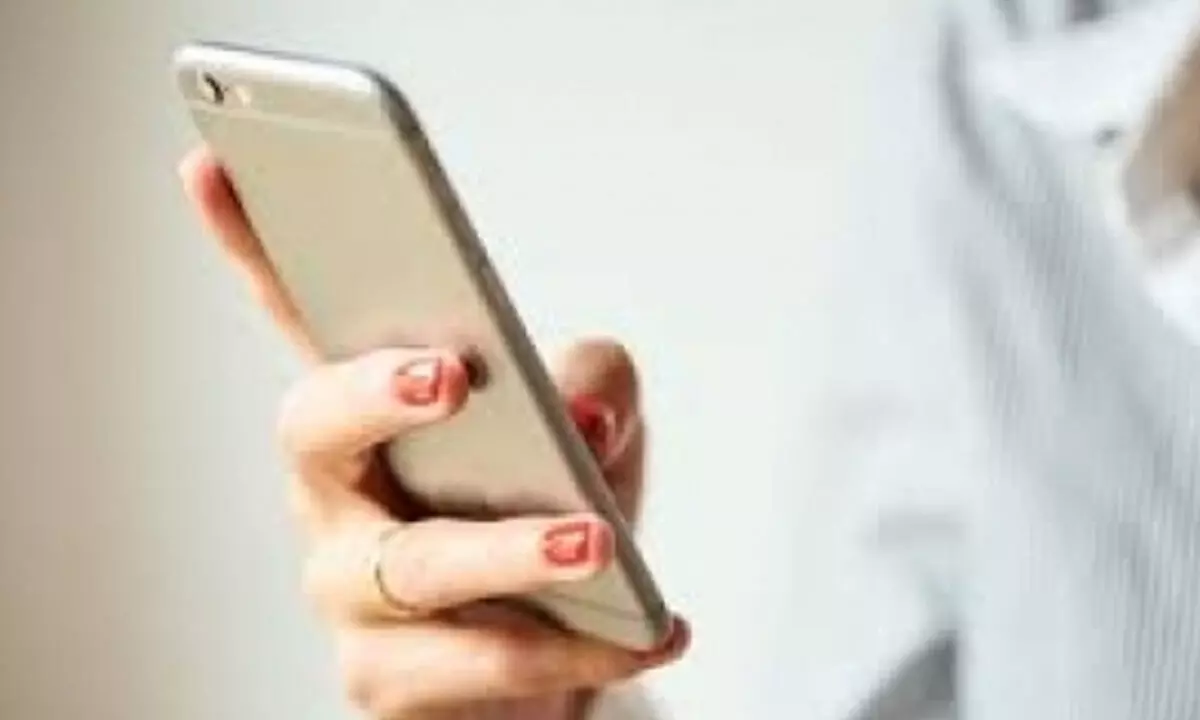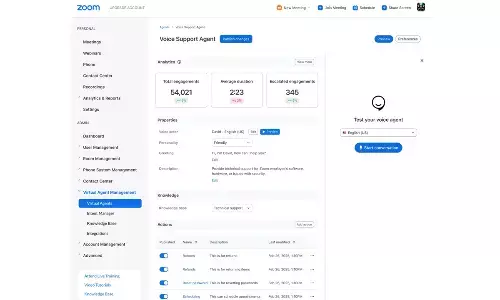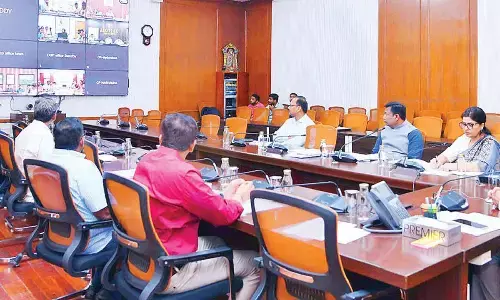Smartphone app accurately detects Covid infection in people's voices

Representational image
A smartphone app can accurately detect Covid-19 infection in people's voices with the help of artificial intelligence (AI), researchers revealed on Monday.
London: A smartphone app can accurately detect Covid-19 infection in people's voices with the help of artificial intelligence (AI), researchers revealed on Monday.
The team claimed that the app is more accurate than several antigen tests and is cheap, quick and easy to use, which means it can be used in low-income countries where PCR tests are expensive and/or difficult to distribute.
"The promising results suggest that simple voice recordings and fine-tuned AI algorithms can potentially achieve high precision in determining which patients have Covid-19 infection," said Wafaa Aljbawi, a researcher at the Institute of Data Science, Maastricht University, The Netherlands.
"Moreover, they enable remote, virtual testing and have a turnaround time of less than a minute. They could be used, for example, at the entry points for large gatherings, enabling rapid screening of the population," she said at the European Respiratory Society International Congress in Barcelona, Spain.
Covid-19 infection usually affects the upper respiratory track and vocal cords, leading to changes in a person's voice.
Aljbawi and her supervisors decided to investigate if it was possible to use AI to analyse voices in order to detect Covid-19.
They used data from the University of Cambridge's crowd-sourcing Covid-19 Sounds App that contains 893 audio samples from 4,352 healthy and unhealthy participants, 308 of whom had tested positive for Covid-19.
The researchers used a voice analysis technique called Mel-spectrogram analysis, which identifies different voice features such as loudness, power and variation over time.
"In order to distinguish the voice of Covid-19 patients from those who did not have the disease, we built different artificial intelligence models and evaluated which one worked best at classifying the Covid-19 cases," Aljbawi added.
They found that one model called Long-Short Term Memory (LSTM) out-performed the other models.
LSTM is based on neural networks, which mimic the way the human brain operates and recognises the underlying relationships in data.
Its overall accuracy was 89 per cent, its ability to correctly detect positive cases was 89 per cent, and its ability to correctly identify negative cases was 83 per cent.
"These results show a significant improvement in the accuracy of diagnosing Covid-19 compared to state-of-the-art tests such as the lateral flow test," said Aljbawi.
The researchers say that their results need to be validated with large numbers.









